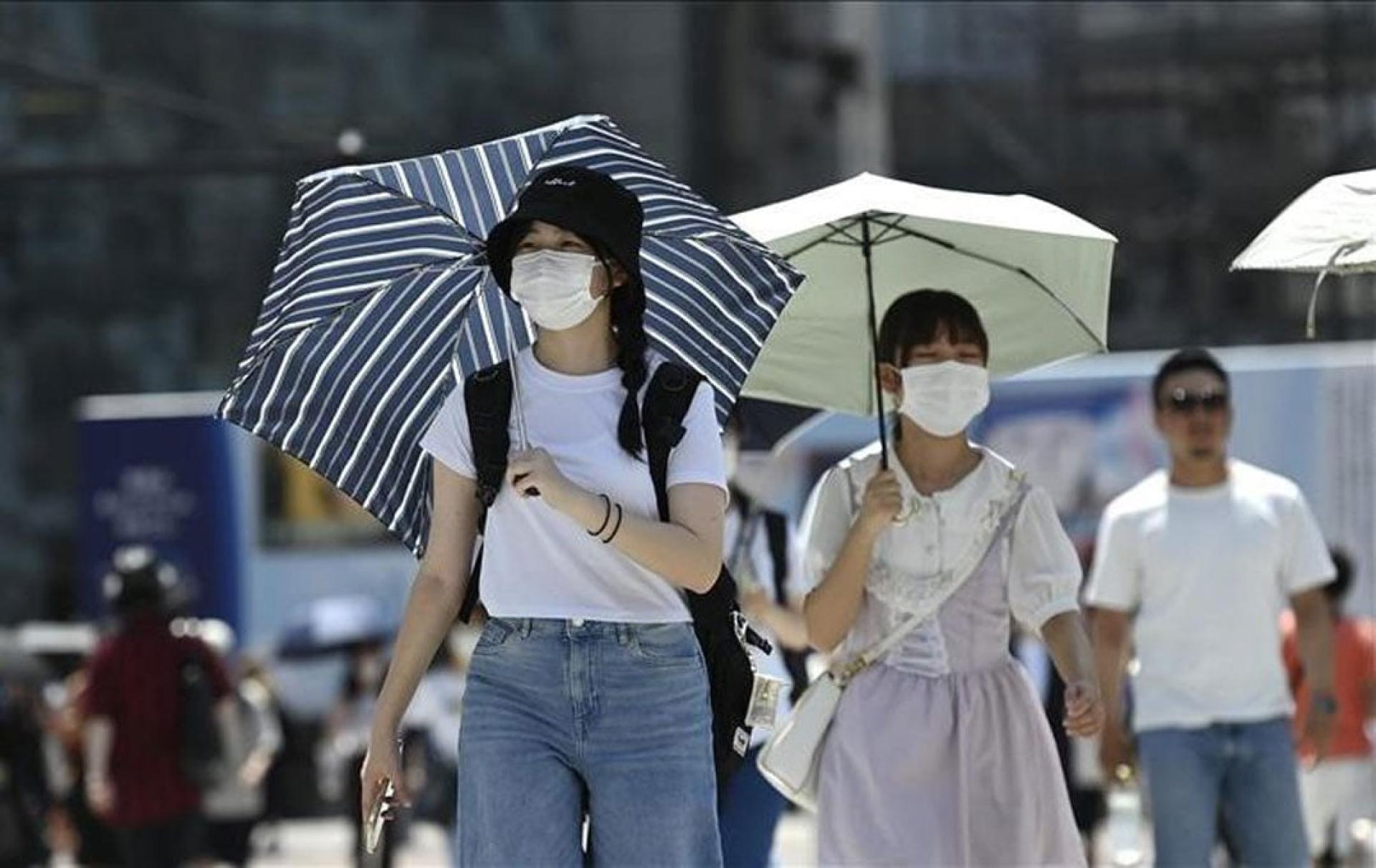Data released on the 15th by Japan's National Institute of Health Crisis Management shows that from June 30 to July 6, there were 3,578 reported cases of whooping cough nationwide in Japan, setting a record for weekly new cases for the third consecutive week since the current statistical method was adopted, with the total number of cases this year surpassing 40,000.
The data indicates that since 2025, the cumulative number of cases has reached 43,728, which is more than 10 times the total for all of last year.
Experts point out that the spread of whooping cough in Japan this year is not an isolated incident; in fact, since last year, whooping cough has already become prevalent in some other countries as well.
Whooping cough is an acute respiratory infectious disease caused by infection with Bordetella pertussis, primarily transmitted through droplets and contact. The incubation period is generally 7 to 10 days. In the early stages, patients exhibit cold-like symptoms, which are later followed by the characteristic spasmodic cough. If infants become ill, the disease can easily become severe, with risks of complications such as pneumonia or encephalopathy that can lead to death.
The main preventive measure for this disease at present is vaccination, while treatment involves the use of antibiotics.
Experts urge that families with infants and adults who frequently come into contact with infants for work should also actively get vaccinated.
